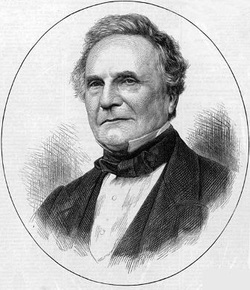 Charles Babbage Charles Babbage Matthew 5:37 “But let your communication be, Yea, Yea; Nay, Nay: For whatsoever is more than these cometh of evil.” It is a common perception that scientists are totally objective and impartial in their search for the truth. If a scientist says so, it must be true! Even among themselves, leaders of their field are jokingly referred to as the “high priests of science.” But many scientists will willingly admit that they are just as fallible and just as prone to bias or even dishonesty as anyone else. The 19th century scientist – Charles Babbage (a creationist by the way) – did an analytical study of the problem of fraud in science. He found that there are three basic types. Scientists can and do record observations that never took place. A second type of fraud is to ignore those observations that don’t fit the average. A third type is called “cooking” – where only the data that fits the expectations is used and the rest discarded. Scientists today are under pressure to resort to any of these forms of fraud to continue to obtain research grants, or maintain status before their peers. All this means that scientists are just as human and prone to the same motivations in their work as the rest of us. Not all scientists are frauds, just as not all car mechanics are dishonest. But science is not some open door to absolute truth. Nor can it judge the truth of God’s Holy Word. Notes: H.R. Clauser, “Temptation and Sin in Research,” Research Management, p. 44. Creation Moments, Inc., P.O. Box 839, Foley, MN 56329 www.creationmoments.com Comments are closed.
|
Archives
February 2020
|
Ads do not imply endorsement | Policy/Terms of Service | About Us | Contact Us | © Life Work Academy, Inc.
 RSS Feed
RSS Feed

